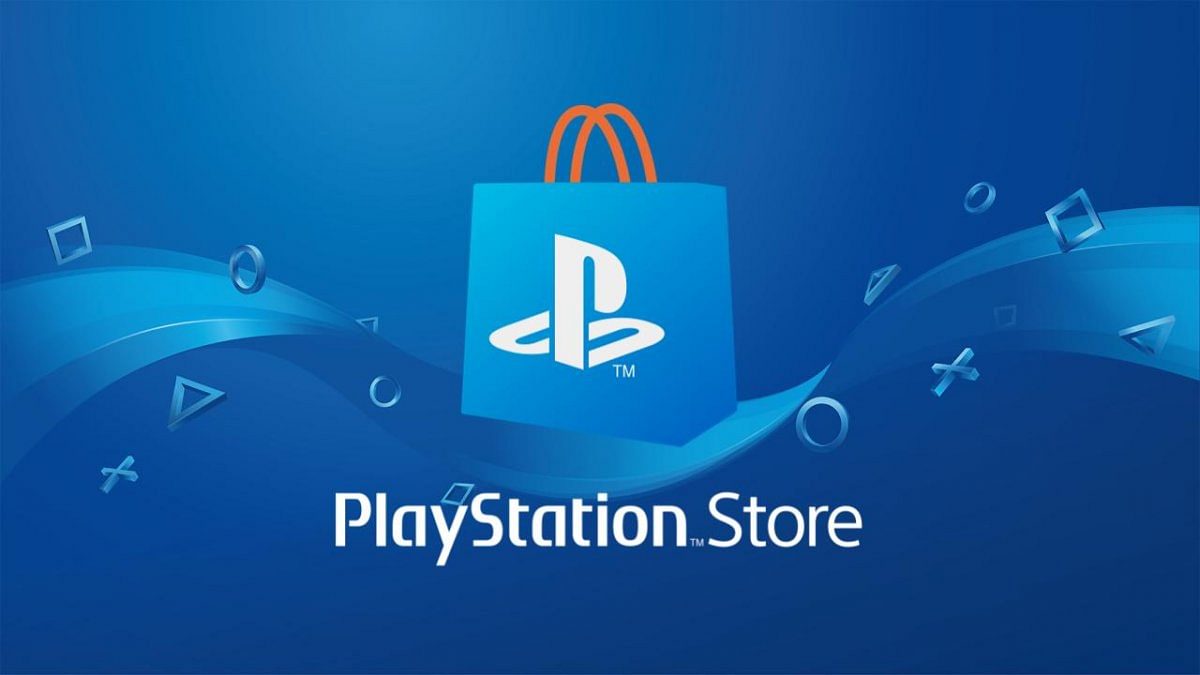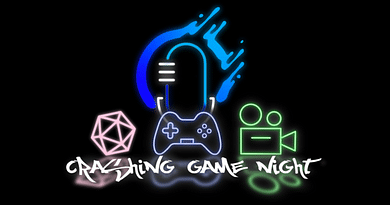
In recent weeks, Playstation has become the target of two different lawsuits that are targeting the PlayStation Store. Specifically, both lawsuits contend that the PlayStation Store is a monopoly. The lawsuits allege that by Playstation cutting off retailers like Amazon, Best Buy, and Game Stop from selling game codes for digital games, Playstation is forcing consumers to pay a higher price; much higher than they would in a “free and open market”.
On face value, some may see this as a valid argument, however let’s look a little deeper. Every time a code is sold, a percentage is taken from the sale and given to the company that sold the code. With Playstation saying they wanted all sales to go through the PlayStation Store, they cut out the middle man and in turn maximized their profits on digital titles. This is a policy decision that has been in place for 2 years now.
One argument in one of the lawsuits is that physical games go on sale all the time and thus digital games should follow suit. There is a flaw to this argument. Physical games go on sale, sometimes at deep discounts because stores need to move product to make room for new items coming in. This is retail 101. With digital games they are stored on a server somewhere. There is no product on a shelf that will age and lose return on investment. The flip side is also that Playstation does some deep discounts throughout the year on digital games, often cases much lower than the physical version.
In the latest of the two lawsuits, it is argued that digital PS5 customers are going to pay far more for games because of the “monopoly”. For everyone that bought a digital-only PS5 knew what they were buying. The consumers knew they would be downloading games and would be buying the games through the PlayStation Store. They also argue that the digital collector’s edition is more than the physical. Unfortunately, they didn’t do their research. Digital collector’s editions are priced the same as the physical collector’s edition in most cases, however they sometimes have different things included with them.
Let us look at another side of the coin with Nintendo, who does allow those stores to sell digital codes. Those digital download hardly every go on sale unless Nintendo actually okays them to go on sale. To this day, Nintendo first party physical games still fetch used prices that are only a few bucks cheaper than the new physical copy or even the digital copy. Some could argue that Nintendo is monopolizing their first party titles to maximize their profit. Yet no one has filed lawsuit against Nintendo for not lowering the price on their first party titles.
When it comes down to it, it’s up to each consumer how they view these cases and Playstation’s decision two years ago. Regardless of who is paid for the digital game, consumers still had to go to the PlayStation Store to download the game. Consumers who purchased the all digital edition of the PS5, as well as those that moved to all digital due to space constraints, knew what to expect. Several of the arguments in the cases have flaws, while some do have some degree of accuracy. The decision is now left up the courts to decide whether or not the PlayStation Store is a monopoly, and the final outcome could change the landscape of digital game sales to come.


